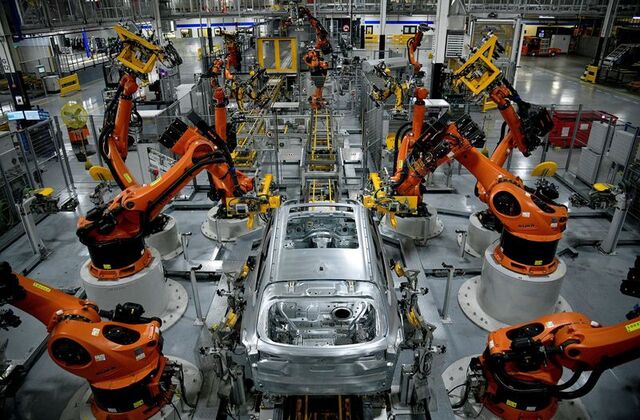In 2023, more than 700 factories will cease operations – MAN
The Tinubu administration’s naira harmonization has put a lot of strain on Nigeria’s manufacturing sector.
Manufacturers in Nigeria have expressed regret over the worsening economic situation, which has caused 767 firms to cease operations and 335 to experience financial difficulties in 2023.
The stopping of commercial operations by the impacted companies comes amid growing inflation, unstable exchange rates, and other economic issues that have made investment conditions worse, according to the Manufacturers Association of Nigeria (MAN). MAN also voiced displeasure with the Expatriate Employment Levy (EEL), a financial contribution levied by the federal government on companies who employ foreign nationals, claiming it would be an unnecessary and onerous addition.
Part of the release said, “The production industry and the economy as a whole may be impacted by the imposition of EEL.”
This will thus result in an unjustified and unparalleled increase in the expenses associated with conducting business in Nigeria, particularly for manufacturers. Multifaceted difficulties already plague the production sector. 335 manufacturing enterprises went bankrupt and 767 closed their doors in 2023.
Following the Tinubu administration’s naira unification in June of last year, the Nigerian industrial sector has been under a lot of strain.
Prior to the unification of the currency, the naira was trading for ₦471 per dollar in the official I&E market as of June 13, 2023.
As of February 23, 2024, the Naira’s value has decreased by 253.6% when it was trading at ₦1,665.50 to the US dollar on the Nigerian Foreign Exchange Market (NAFEM).
A growing stockpile of unsold goods resulted from manufacturers encountering challenges such as elevated manufacturing costs due to the appreciation of the currency and the strain on the nation’s economy.
Additionally, MAN disclosed that although real growth in the sector has decreased to 2.4%, the inventory of unsold completed goods has increased to ₦350 billion. The group added that the manufacturing sector is suffering from “humongous and insurmountable obstacles at this time of noticeable downturn in our economy” as a result of the unanticipated negative effects of the currency problems.
Nonetheless,The EEL policy, according to Nigeria’s organized private sector, may have a negative impact on foreign direct investments in the nation, but MAN has suggested that the policy’s execution be stopped.




